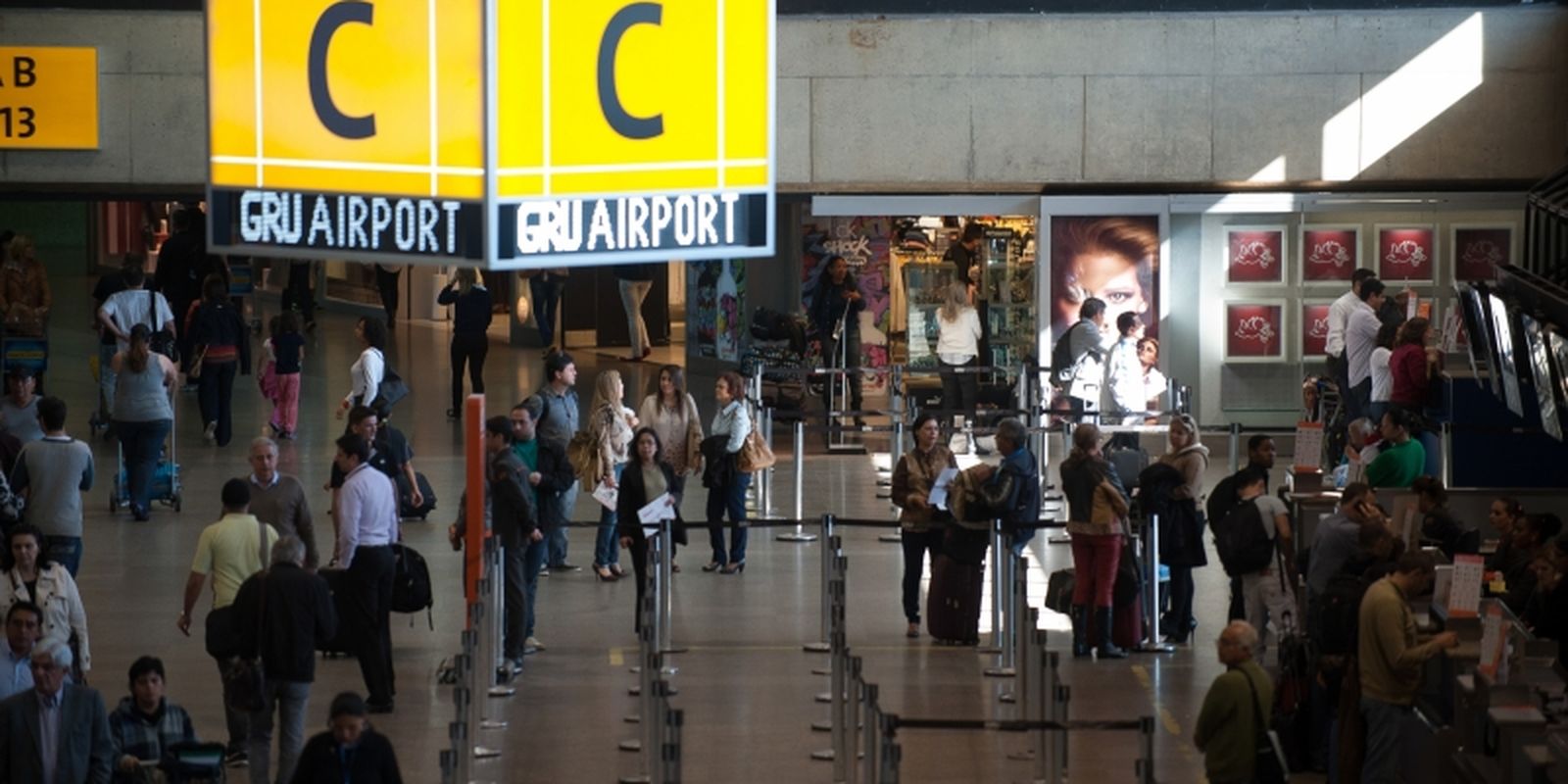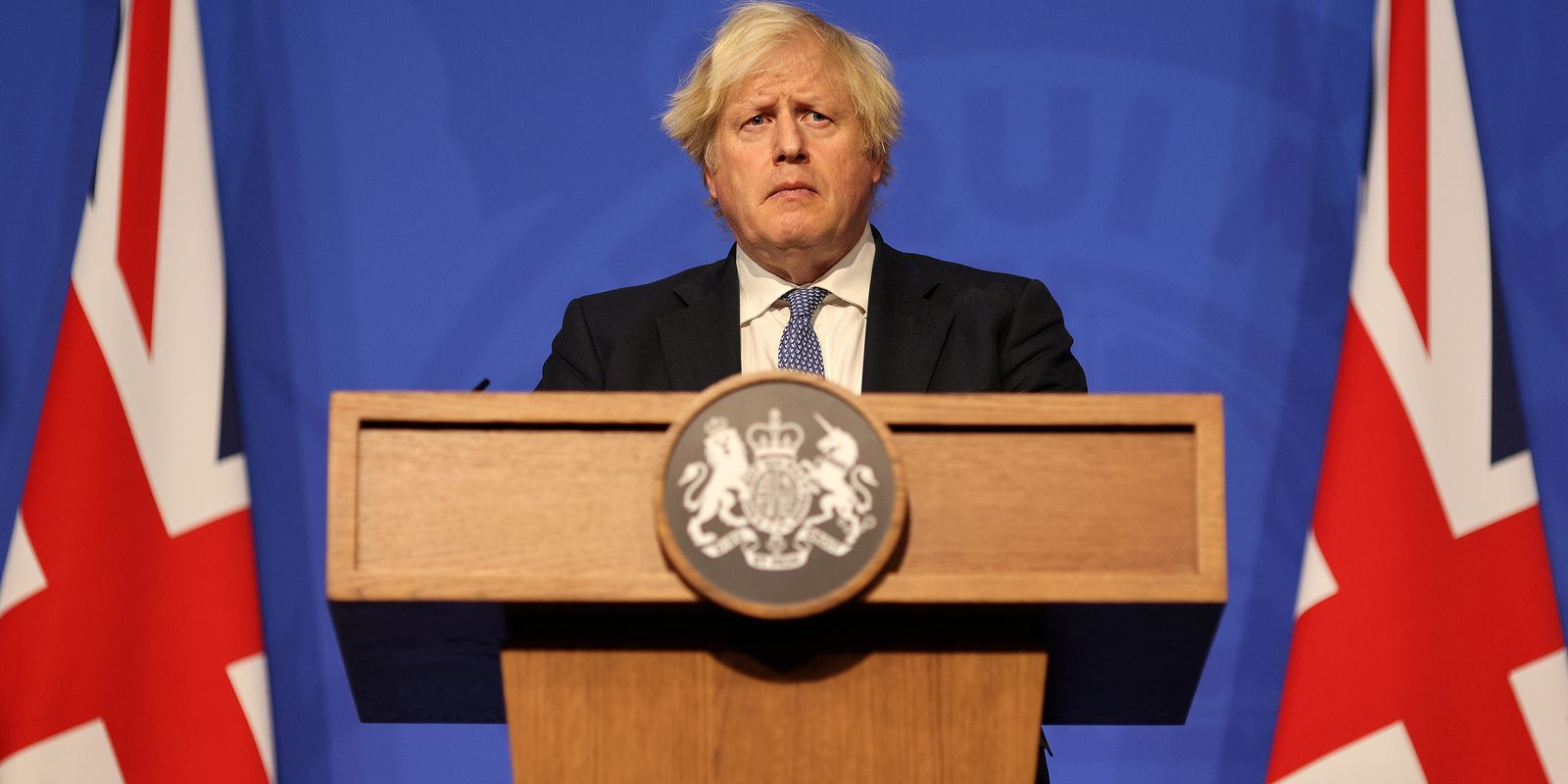North America has always been one of the main destinations for Brazilians who leave the country to try to improve their lives, but the favorite of the United States is losing ground to its neighbor, Canada, especially since the election of Donald Trump. The land of moose, bears and cold is receiving more and more applications for permanent residence from Brazilian citizens.
According to Statistics Canada data, in 2016, the year of the US elections, the number of Brazilians approved with a permanent visa in the country was 1,725 and the following year this number increased to 2,760. In April of this year, orders had already exceeded 1,500.
Canada’s immigration policies are quite responsive. The country has more than 60 immigration programs. The largest of these, Express Entry, seeks young people with a technical background, particularly in the fields of health and information technology.
But the interest in Canada might have more to do with US immigration policy. The interest of immigrants around the world in the country increased the year Donald Trump was elected President of the United States.
The night the Republican candidate defeated Democrat Hilary Clinton, Canada’s immigration website went down.
“The number of people seeking asylum in Canada has quadrupled,” said Mariana Chagas, 39, who has lived in the country for ten years and works as a Canadian immigration consultant.
Brazil in the top 30
Brazil is on the list of countries that have “lost” the most people to Canada, appearing in the Top 30 nationalities that have most succeeded in becoming permanent residents in the country between 2010 and 2016.
Currently, the number of Brazilians with permanent visas in the country is 29,315, according to Statistics Canada, the federal department responsible for producing statistics on the Canadian population.
There are still a large number of people leaving Brazil for Canadian cities to study or work on a temporary basis.
Professionally accompanying this movement, the Brazilian Mariana points out that in one year the number of Brazilians in the country has increased by 28%. “When I arrived here in 2008, it was rare to hear people speaking Portuguese on the street. Today it has become normal. You always hear someone speaking Portuguese in the street, queuing at the bank or at the supermarket”.
Canada is the eighth safest country in the world
A report published each year by the Global Peace Indexresponsible for pointing out the safest and most dangerous places in the world, has placed Canada as the sixth safest country in the world and is one of the main reasons why many Brazilians do not want to leave there .
“I wanted to live a routine without the fuss and without fear of being mugged on any street corner or light off at night,” said Jenifer Garcia Rossi, 30, a translator and advertising student in Toronto, who has lived in the country for six years. month.
In this same report, Brazil ranks 106th and, therefore, Jenifer has no desire to return to the country where she was born. “I believe that if I landed in São Paulo today, I would lose my mobile phone in 10 minutes. I’m so used to not worrying about walking without hiding my things that I would be an easy target”, said the student.
Daniel Luiz Cruz Azevedo, 28, lived in Canada for three years and is now among the Brazilians awaiting a response to his application for permanent residency in the country. For him, the biggest difference between Canada and Brazil, besides security, is the civility of the people.
Daniel, who works in film and video post-production, says public transit in Canada is very good and people feel responsible for maintaining service. He cites an example: in trains and buses there is almost no verification of passenger payment and, if someone wants, he can easily bypass the system. But for Canadians, that makes no sense. Daniel has heard from friends that not paying for the ticket makes no sense, because without this money the system could not work.
“It’s a simple and illustrative example at the same time,” says Daniel. “People’s mindset is different and I personally believe that living in a place where you don’t have to be with your defenses up all the time is easier and less stressful.”
*Intern at R7 under the direction of Cristina Charão

“Freelance communicator. Hardcore web practitioner. Entrepreneur. Total student. Beer ninja.”







